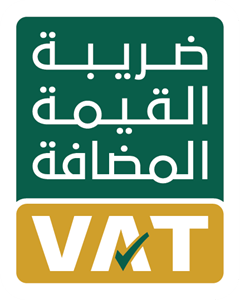Deepen Your Knowledge
Before applying theoretical knowledge, it’s essential to have a solid understanding of the core concepts. Here are some strategies to deepen your knowledge:
- Active Learning: Engage actively with the material by summarizing key concepts, discussing them with peers, or teaching others. Active involvement enhances retention and understanding.
- Visual Aids: Use diagrams, flowcharts, or mind maps to visualize complex theories. This can help in grasping relationships between different concepts and their practical implications.






